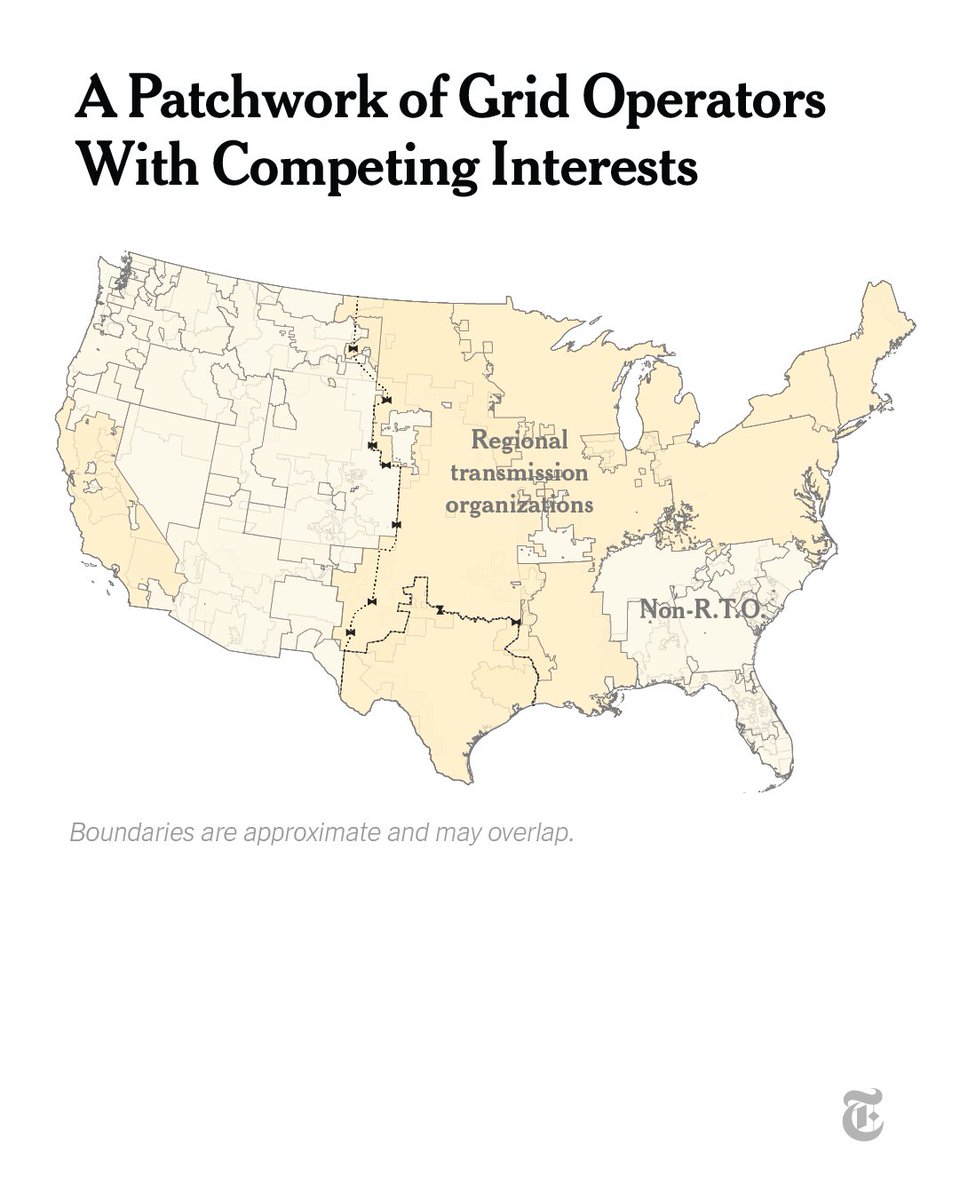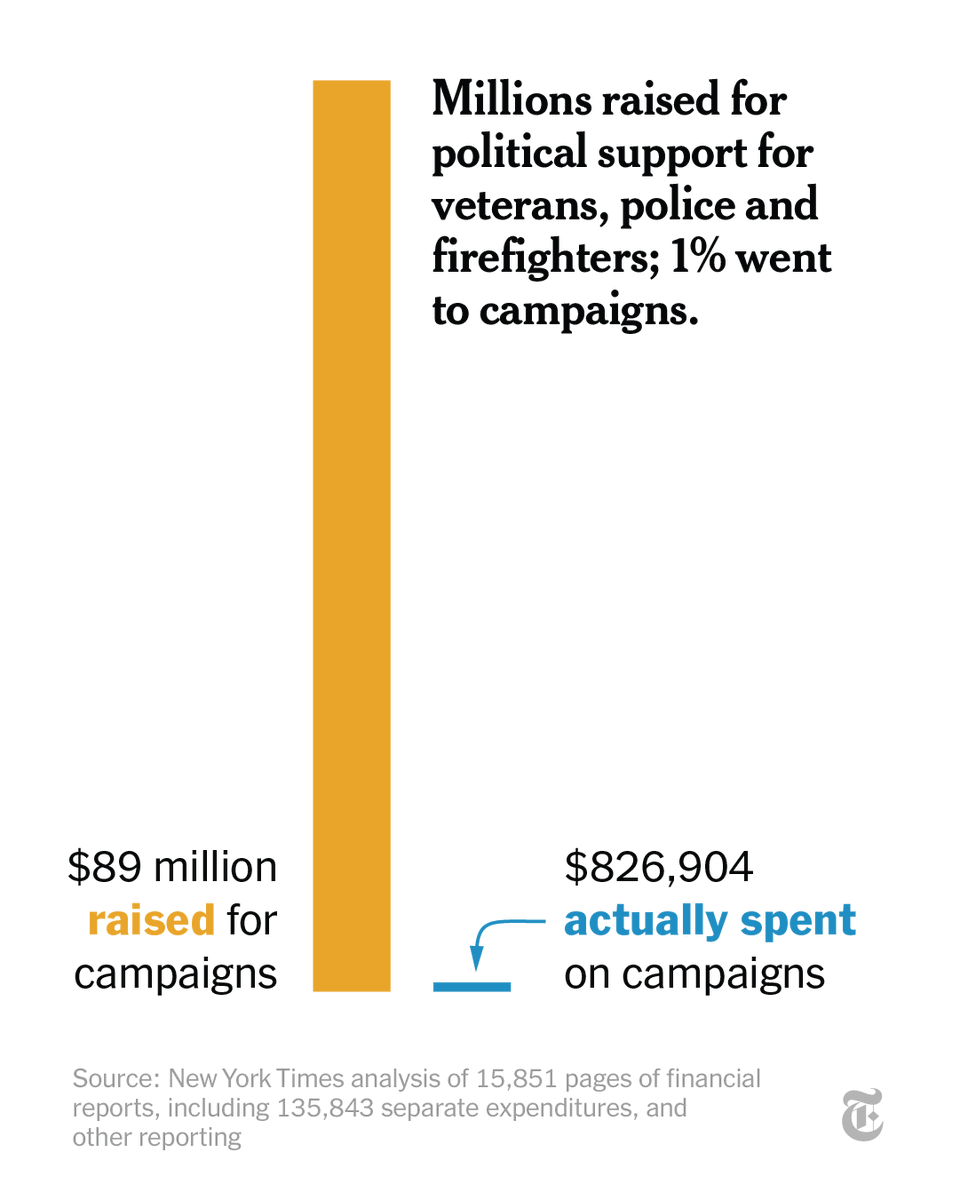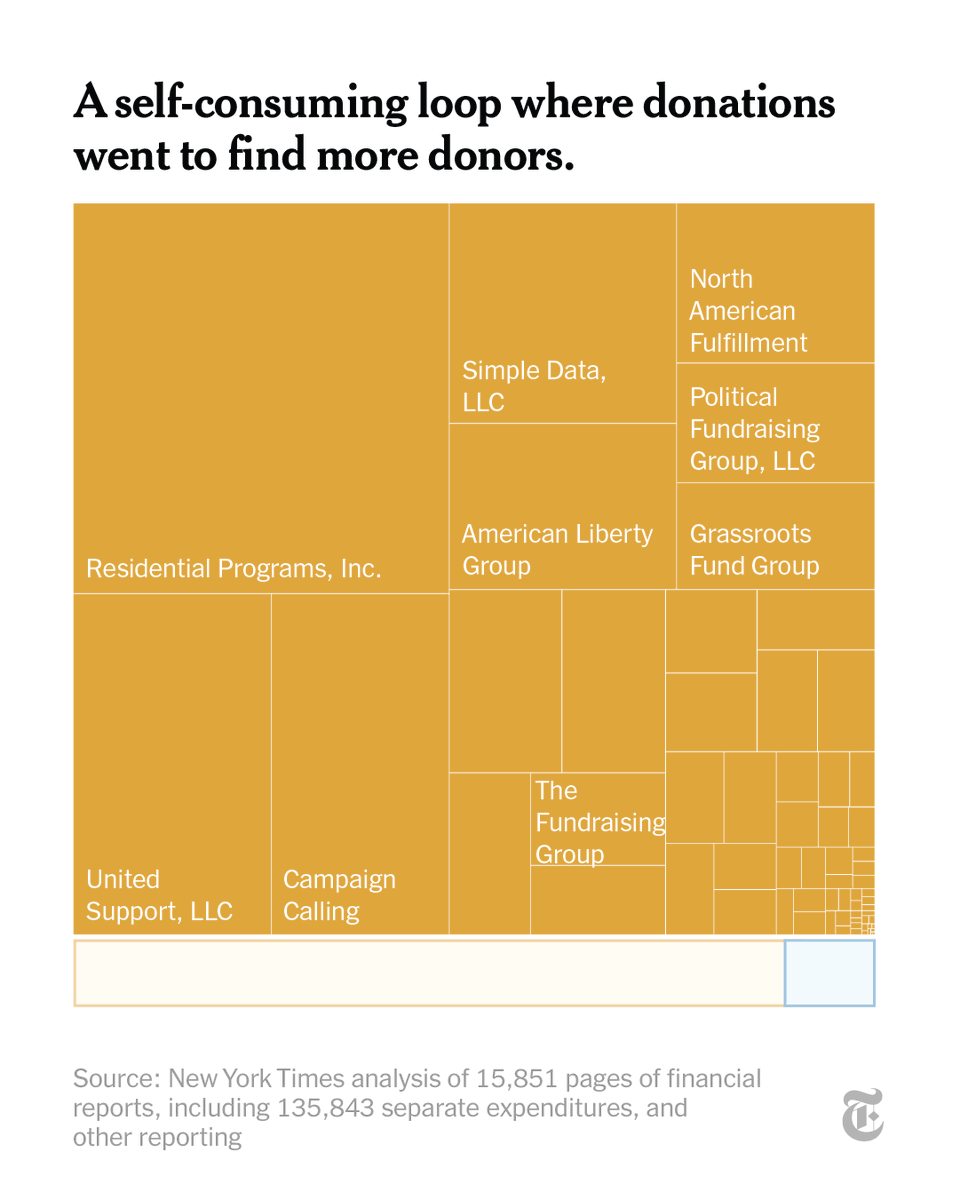Women who encounter Egypt's criminal justice system — as victims, witnesses or the accused — can face sexual abuse by state authorities. These women said they were stripped and violated by officials in police stations, prisons and hospitals.
nyti.ms/3hgSgIK
nyti.ms/3hgSgIK
Asmaa was arrested in 2018 for protesting a subway fare increase. Subsequently, she said, an inspector groped her in a police station, a doctor subjected her to a virginity test in front of others and a prison guard used her finger to penetrate her anally.
nyti.ms/3hIeDpo
nyti.ms/3hIeDpo
Malak was arrested in 2019 for protesting government negligence after a deadly train crash. A trans woman, she was subjected to an invasive anal exam to determine whether she should be sent to a men's or women's prison.
nyti.ms/3hIeDpo
nyti.ms/3hIeDpo
The treatment the women describe is illegal. But there's little they can do. Egyptian officials have denied and dismissed accounts of systemic abuse, and most women don’t report it because sexual assault victims are often shunned in Egypt.
nyti.ms/3hIeDpo
nyti.ms/3hIeDpo

This woman, a journalist who reported on sporadic unrest in Egypt, said she was stopped by plainclothes officers in 2018, blindfolded and driven away. She was accused of joining a terrorist organization and spreading false news.
nyti.ms/3hIeDpo
nyti.ms/3hIeDpo
The woman said she was groped twice, during interrogation and while entering prison. After she was released, she smuggled herself out of Egypt, convinced she had no choice but to abandon the country that she says abandoned her.
nyti.ms/3hIeDpo
nyti.ms/3hIeDpo
The women who face invasive searches and abuse by authorities are not only criminal suspects or activists. We spoke to two women and the lawyer for a third who said they were violated by state doctors after reporting a sexual assault.
nyti.ms/3hIeDpo
nyti.ms/3hIeDpo
An Egyptian court ruled in 2011 that forced virginity tests “constitute a violation of women’s bodies and an assault on their human dignity.” But in August, Human Rights Watch reported that they were still being practiced.
nyti.ms/3hIeDpo
nyti.ms/3hIeDpo

The officials who oversee the police, prosecutors and prisons didn't respond to requests for comment. One police officer, however, acknowledged that sexual abuse by the authorities was “everywhere.” The aim, he said, was to "humiliate your humanity."
nyti.ms/3hIeDpo
nyti.ms/3hIeDpo

Fearing arrest and stigma, many of the women in this story spoke anonymously. But all described an elusive quest for justice, and struggled with one central question: How much of their truth is anyone willing to hear?
nyti.ms/3hIeDpo
nyti.ms/3hIeDpo
هؤلاء النساء المصريات يتكلمن علنا لأول مرة، وقد ذكرن أنهن تعرضن لاعتداء جنسي أثناء التفتيش والفحوصات الطبية من قبل السلطات الحكومية
nytimes.com/ar/interactive…
nytimes.com/ar/interactive…
• • •
Missing some Tweet in this thread? You can try to
force a refresh















